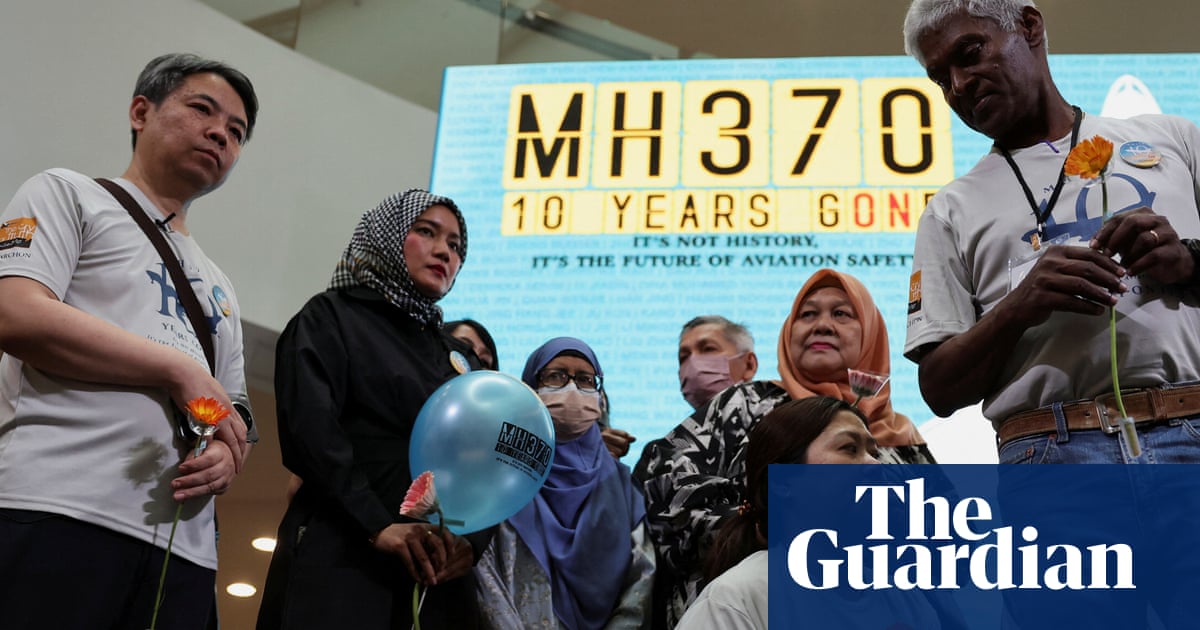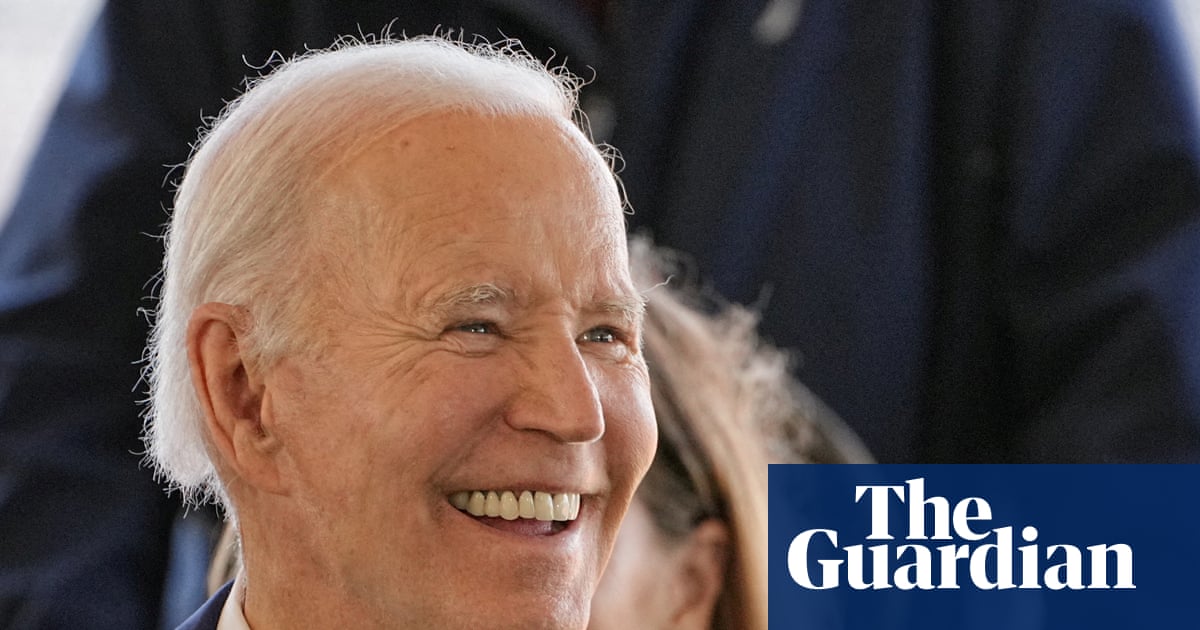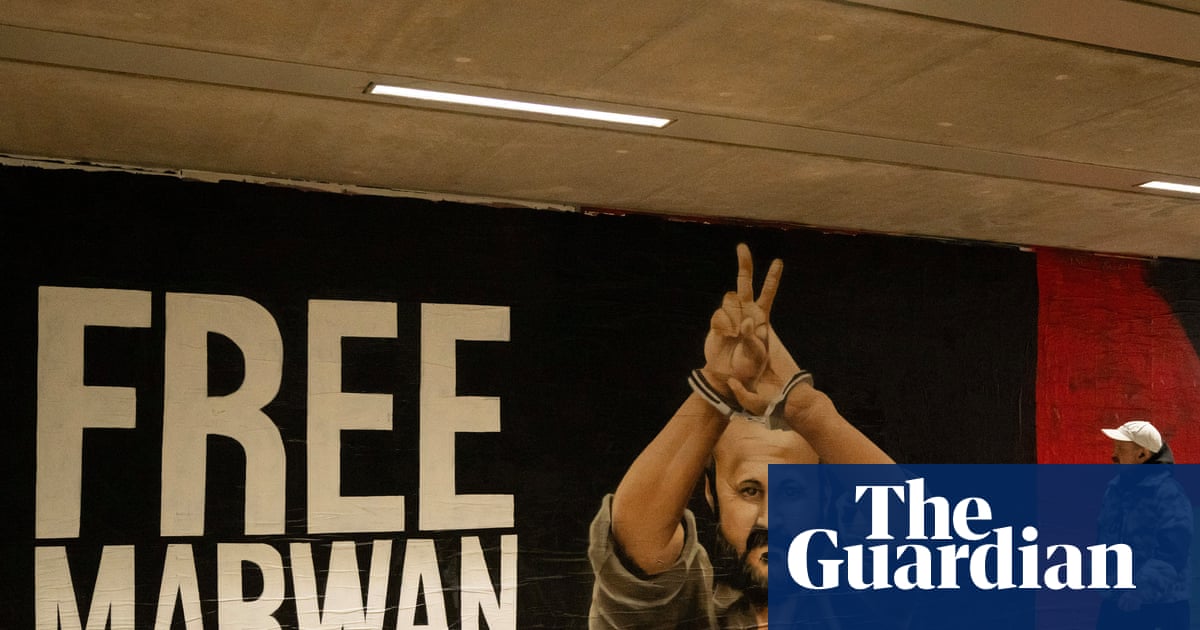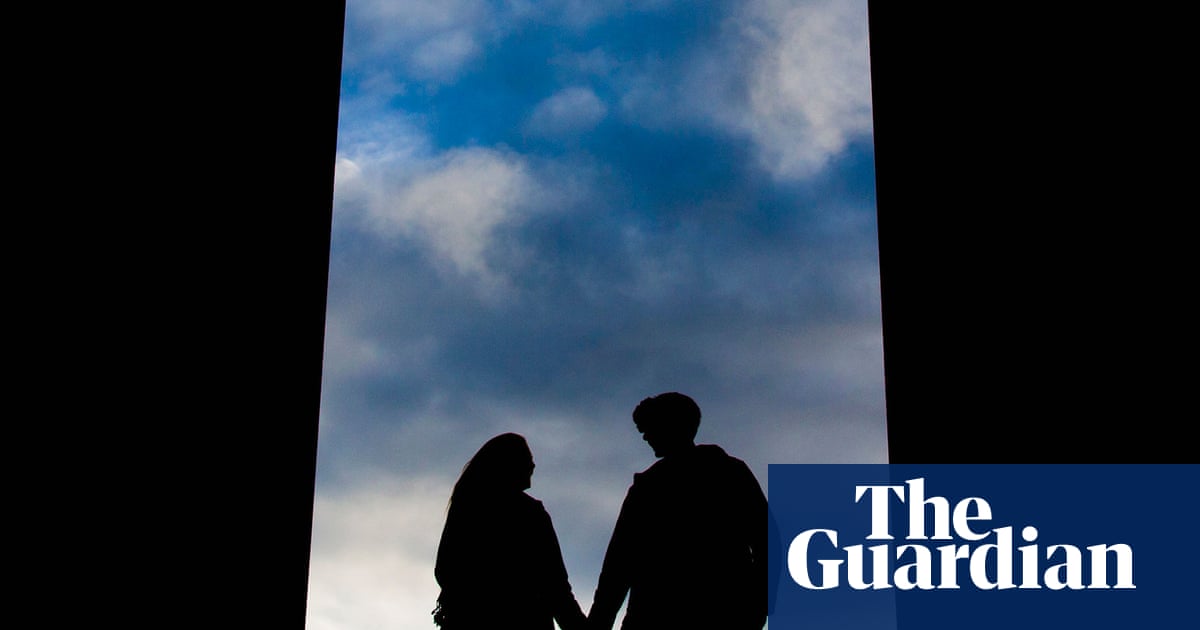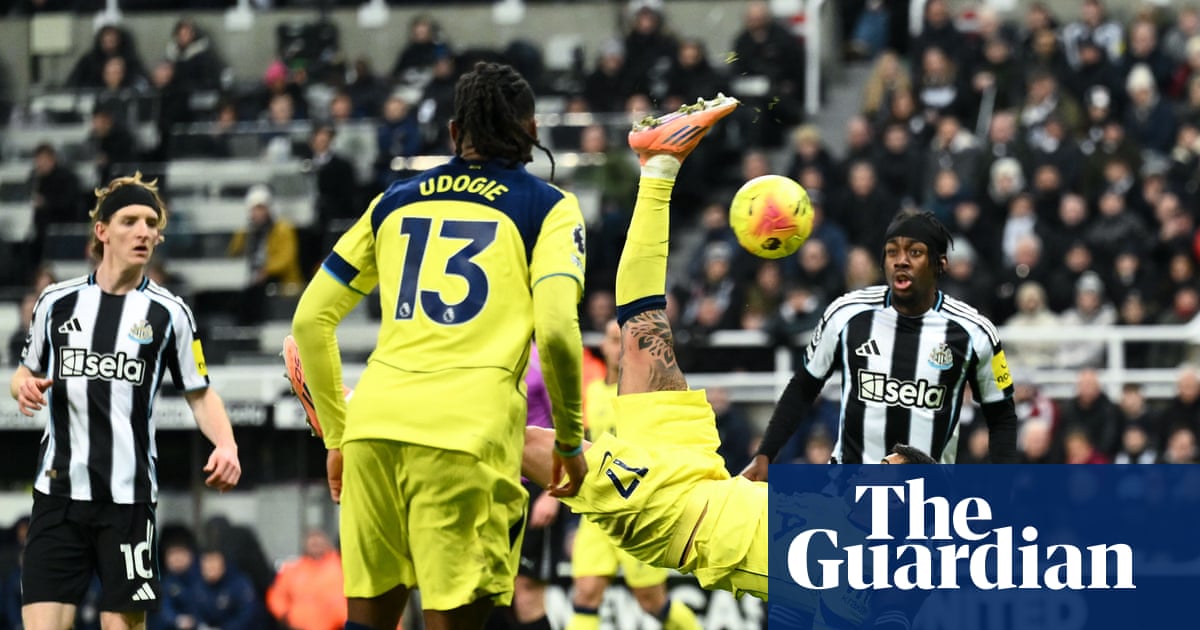Back in 2018, when the first, web series of Adjani Salmon’s sitcom was released, its very existence was a boon to a British film/TV industry notably lacking diversity at all levels, and still in thrall to all-white period dramas. Here was a show about working-class Black Britons that both eschewed the usual drug-dealing stereotypes and was created by a real-life Black person. Salmon co-wrote and starred as Kwabena Robinson, an aspiring film-maker struggling to get a career foothold, while also making his rent and cultivating a romance with doe-eyed love interest, Vanessa (Babirye Bukilwa).
The fact that Dreaming Whilst Black was actually good, while not strictly necessary, definitely helped. The first full series won critical plaudits for its confident combination of creative industries satire, sensitive dramedy and surrealist touches. Now, the show is back for a second series, in which some of those easy, TV critic assumptions – about what progress looks like; about the intrinsic value of “diversity” and “representation” – are themselves questioned. It’s not a rude awaking from Kwabena’s dream exactly, but the arpeggio alarm on his iPhone 11 is definitely starting to sound.
Kwabena’s long-distance relationship with Vanessa has fizzled and while he now has an agent (Jessica Hynes), he’s still struggling to find gainful, meaningful employment in his chosen field. This stance – overly fussy or honourably principled; take your pick – might go some way to explaining why, as Uncle Claude (Roger Griffiths) puts it: “Kwabena is the only Black man in England that never got any work out of Black Lives Matter.” (The elders are as merciless with their careers advice and their cussing out as ever.)
So things have moved on, yet Dreaming Whilst Black remains rich with funny, true observations, about the hypocrisies and degradations of working in TV, and Black British life in general. Pertinent questions raised this series include: “Who the fuck wines to Giggs?” and “What has Jamaican national dish ackee and saltfish – served on rye, no less – got to do with celebrating Barbados?” Throughout, the show consistently hits a tone that’s thoughtful-yet-funny and freewheeling-yet-focused.
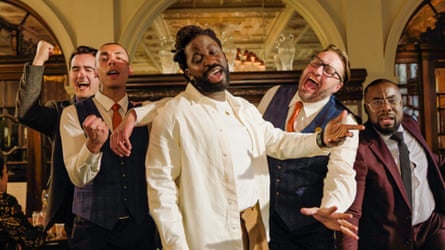
One bum note, at least on first viewing, is the white characters. While last series’ magnificent micro-aggressors included bravura turns from Peter Serafinowicz and Isy Suttie, they’ve now mostly been replaced by broader caricatures. There’s Amy’s new culturally appropriating colleague and the Essex-accented influencer who is the female lead in Sin and Subterfuge, the Bridgerton-esque period drama Kwabena is eventually hired to direct. She’s egregiously under-qualified, especially opposite a legendary Black actor like Rudolph Williams (Kobna Holdbrook-Smith). Yet the whims of “colourblind casting” demand it.
Some of these performances take on different shades of nuance as the series progresses. (Is it OK that we’re laughing at the first assistant director, mainly because of his comedy Greek accent? Hold that thought …) But even if they hadn’t, the sheer novelty value of finding fault in the underwriting of white supporting characters would not be lost on this TV critic. Still, it’s no coincidence that one standout episode, Black Love, features none of these characters, instead paralleling the date nights of three Black couples at three different life stages.
It’s always from Kwabena’s interactions with other Black characters that the most clarifying insights emerge. When, early on in the series, he screws over another aspiring director, rest assured the moment will return to haunt him. (There’s also an extra meta-textual bite in the fact that this character is played by Kayode Ewumi, veteran of more than one unjustly overlooked Black sitcom – whatever happened to Enterprice? That show was funny!) And when Rudolph classily confronts Kwabena about his people-pleasing directorial style, it reveals how the price of entry into a privileged elite – be it “whiteness” or a well-paid job in British media – is often our complicity in the exclusion of others.
Meanwhile, it’s in the fantasy sequences that Dreaming Whilst Black seems to be having the most fun. If only Sin and Subterfuge had culture-melding costumes and dialogue like the period drama of Kwabena’s imaginings. (Sample line: “One doth think he is … a pussyclart!”) These are our regular reminders that Adjani is a much better writer than Kwabena, and that his show is directed with far more care and attention to detail.
If you hadn’t clocked that already, witness how the finale masterfully ties up some storylines – in ways both neatly ironic and bitterly plausible – while leaving others open to tantalise us and, presumably, the commissioners. Please, good BBC sirs, deliver unto us series three with haste! And don’t spare the horses!

.png) 1 month ago
46
1 month ago
46
